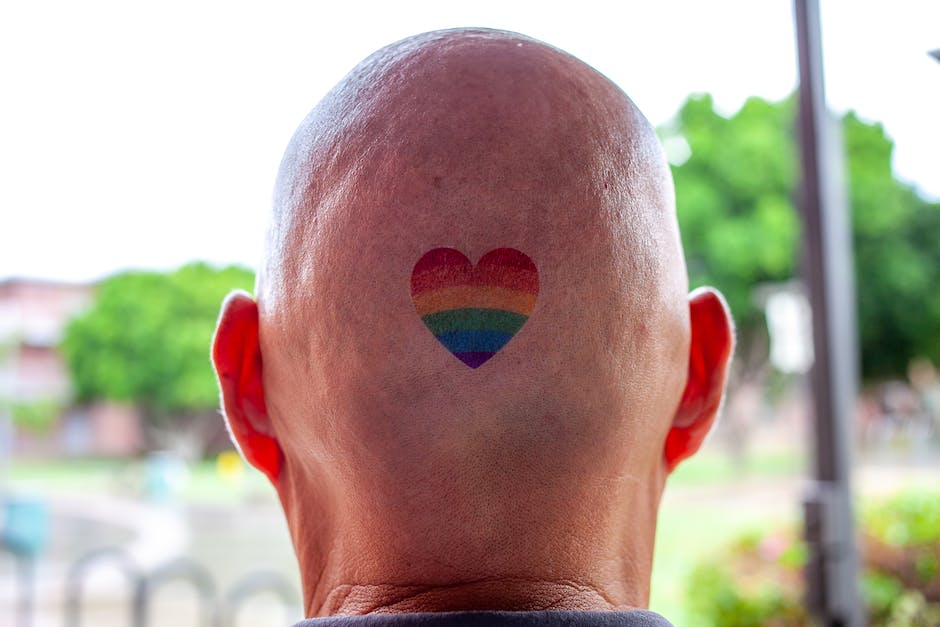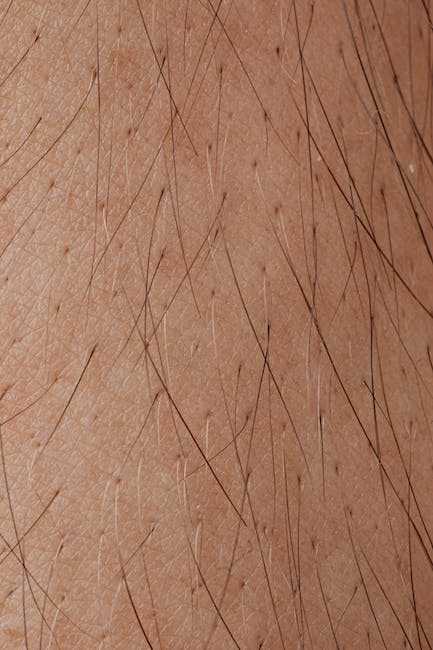
Contents
Scalp Conditions in Children – Causes, Treatment and Health
It is common for children to suffer from scalp problems from time to time. These conditions are usually caused by infections, allergies, and irritants which can affect the scalp and lead to red, itchy, flaky or scaly patches. In some cases, these scalp conditions can be a sign of a more serious medical condition. In any case, children with scalp conditions will require treatment to help them feel comfortable and healthy.
Common Causes of Scalp Conditions in Children
Infections
Bacterial and fungal infections are the most common causes of scalp conditions in children. Bacterial infections, such as impetigo, can cause red, itchy patches and crusty sores. Fungal infections, such as ringworm, can cause round patches of redness with scaly edges.
Allergies
Allergies can also cause scalp conditions in children. Common allergens include pollens, dust mites, dander, and certain foods. Allergies can cause red, itchy, and sometimes painful scalp conditions which can be difficult to treat without addressing the underlying allergy.
Irritants
Irritants such as harsh shampoos, soaps, and chemicals used for styling or coloring hair can cause scalp conditions in children. This type of scalp condition is usually accompanied by redness, itching and burning.
Treatment Options
Medications
Certain medications can be used to treat scalp conditions in children, depending on the cause. Bacterial and fungal infections are often treated with oral or topical medications, while allergies may be treated with antihistamines and/or corticosteroid creams.
Home Remedies
Some home remedies used to treat scalp conditions in children include applying cool compresses and baths with soothing colloidal oatmeal or baking soda. Regular shampooing and the use of mild and gentle shampoos can also help keep the scalp clean and free of irritants.
Health Impact and Prevention
Scalp conditions can cause discomfort and embarrassment for children, and may also lead to secondary infections when left untreated. It is important for parents to watch for signs of scalp conditions and contact a doctor for appropriate treatment. Prevention is also important and may include avoiding known irritants, keeping the scalp clean and moisturized, and using hypoallergenic shampoos and products.
